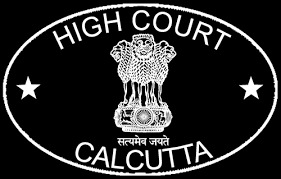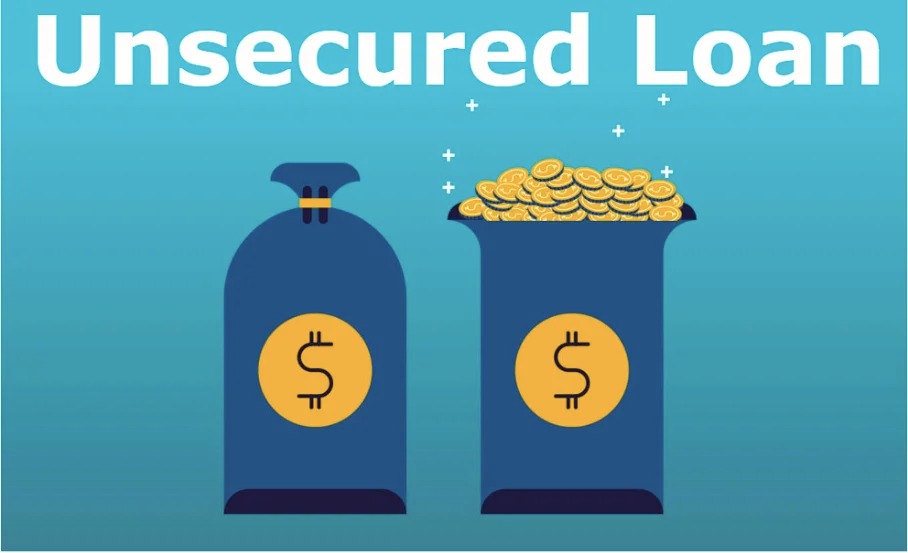Subhro Kamal Mukherjee, J.
This appeal is directed against an order dated 18-12-1992, passed by a learned single Judge of this court whereby the learned Single Judge allowed an application under Article 226 of the Constitution of India and, accordingly, quashed notices u/s 148 of the Income Tax Act, 1961 (hereinafter referred to as the said Act).
2. The writ petitioner- company was an assessee under the said Act and, admittedly, they have submitted their returns of income for the assessment years 1972-73 and 1973-74. Although orders of assessment for the said years were passed by the Income Tax Officer concerned, subsequently the Income Tax Officer issued notices u/s 148 of the said Act proposing to reopen the assessments in respect of aforesaid assessment years.
The present application under Article 226 of the Constitution of India was moved before this court challenging the said notices u/s 148 of the said Act contending, inter alia, that the Income Tax Officer was really harassing the assessee and there was no bona fide reason to reopen the assessments.
The learned Single Judge by the order impugned quashed the aforesaid notices holding that the reasons for reopening the assessments did not provide a live-link between the materials and the belief.
Being aggrieved the revenue has come up with this appeal.
3. In course of hearing before the learned Single Judge the records of the case were produced and the reasons for reopening of the assessment u/s 147(a) of the said Act were brought to the notice of the learned Single Judge. The reasons were as under :
"Reasons for reopening assessment u/s 147(a) assessment years 1973-74 M/s Shree Bajrang Commercial Company (P) Ltd.
Information has been received that Sri Manick Chand Jain, alias Manick Chand Baid son of Chhotilal Baid has made a deposition u/s 131 of the Income Tax Act before Inspecting Assistant Commissioner Range-XIII on 30-7-1976, that he was a name-lender and that he was carrying on business in the name of Gulab Chand Jainarayan, Mahindra Steel Corporation and Aruna Engineering Stores. It is noticed from the examination of the assessment record that during previous year ended 30-6-1972, relevant to the assessment year 1973-74 the assessee had account with Aruna Engineering Stores and Gulab Chand Jainarayan which showed total credit of Rs. 45,000 and Rs. 47,000 respectively. I have, therefore, reason to believe that by reason of the omission of failure on the part of the assessee to disclose fully and truly all material facts necessary for his assessment for this year that income chargeable to tax has escaped assessment. It is, therefore, proposed to reopen the assessment u/s 147(a) of the Income Tax Act for the assessment year 1973-74."
4. The learned judge himself recorded that although several legal contentions have been raised by the assessee before him, but the learned judge was unable to accept any of the said legal propositions. Nevertheless, the learned judge quashed the said notices with the following observations :
"The recorded reasons have been set out earlier in the judgment. It will be seen that in the first part it has been recorded that Manick Chand Jain has deposed that he was a name-lender. Thereafter, it has been recorded that Manick Chand was carrying on business in the name of Gulab Chand Jainarayan, Mahindra Steel Corporation and Aruna Engineering Stores. There is no categorical statement that all the business carried on in the names of Gulab Chand Jainarayan, Manindra Steel Corporation and Aruna Engineering Stores were bogus and fictitious.
"The Supreme Court on very similar reasons recorded in the case of
5. In the case of
6. The Supreme Court of India in the case of ITO & Ors. v. Lakhmani Mewal Das (supra) observed that the reasons for the formation of the belief contemplated by section 147(a) of the said Act for the reopening of an assessment must have a rational connection or relevant bearing on the formation of the belief. Rational connection stipulated that there must be a direct nexus or live-link between the material coming to the notice of the Income Tax Officer and the formation of his belief that there has been escapement of the income of the assessee from assessment in the particular year because of his failure to disclose fully and truly all material facts. It was no doubt true that the court could not go into the sufficiency or adequacy of the material and substitute its own opinion for that of the Income Tax Officer on the point as to whether action should be initiated for reopening the assessment. At the same time it was not any and every material, howsoever vague and indefinite or distant, remote and far-fetched, which would warrant the, formation of the belief relating to escapement of the income of the assessee from assessment. The reason for the formation of the belief must be held in good faith and should not be a mere pretence.
7. The Supreme Court of India in the case of
8. In the background of aforesaid decisions initiation of the proceedings for reassessment, in the present case, can never be held to be illegal when, prima facie, the Income Tax Officer had reason to believe and formed an opinion that the assessee had not disclosed fully and truly all the material facts at the time when the assessment orders have been passed. It is for the Income Tax Officer to consider the reliability and credibility of the matter requiring reopening of the assessment and for that matter, prima facie, the opinion of the Income Tax Officer is final at that stage and the High Court, while exercising the power under Article 226 of the Constitution of India, cannot go into sufficiency or adequacy of the materials which were considered by the Income Tax Officer while at the time of formation of the opinion. It was the jurisdiction of the Income Tax Officer to consider the materials and to initiate proceedings and when there is, prima facie, materials at the hand of the Income Tax Officer, the High Court in exercise of the power under Article 226 of the Constitution of India should not interfere with the discretion of the Income Tax Officer when no case of mala fide has been established. The sufficiency or correctness of the material is not a matter to be considered at this stage.
9. We are of the opinion that there was prima facie some materials on the basis of which the Income Tax Officer reopened the case, The interference made by the learned Single Judge, in our view, was unwarranted as the purpose of section 147(a) of the Act is to ensure that a party cannot get away by wilfully making a false or untrue statement at the time of the original assessment.
The judgment under appeal passed by the learned Single Judge is, therefore, set aside.
The appeal is allowed.
10. We, however, make it clear that we have no occasion to go into the rival contentions of the parties and the parties will be free to agitate all points before the appropriate authority and the authority concerned will decide the matter in accordance with law expeditiously.
There will be no order as to costs.
Ashok Kumar Mathur, C. J.
I agree.
OPEN
